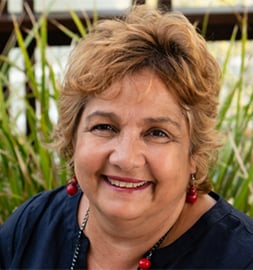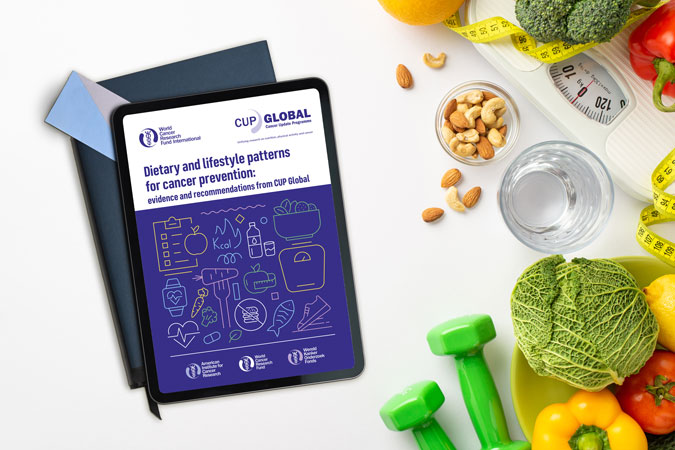“Our team is thrilled to be awarded a World Cancer Research Fund Seed Grant. There continues to be unacceptable gaps in cancer mortality rates between Indigenous and non-Indigenous Australians. Evidence-based strategies are needed to assist in addressing persistent inequities in cancer outcomes for Indigenous Australians.
As part of the collective effort to improve cancer outcomes for Indigenous Australians, this project will investigate the feasibility of a delivering an Indigenous Patient Navigator-led brief health intervention programme targeting diet, exercise and smoking in Aboriginal and Torres Strait Islander cancer survivors.” – Prof Gail Garvey
Grant title
A feasibility study of an Indigenous Patient Navigator-led brief health behaviour intervention in Aboriginal and Torres Strait Islander cancer survivors
Background
Indigenous Australians have poorer cancer outcomes compared to non-Indigenous people. Health behaviours such as diet, physical activity and smoking are related to how people live well with cancer. Navigating the complex healthcare system can be difficult and fraught with uncertainty and fear, particularly for Indigenous patients, who may not use or understand western healthcare systems.
In Queensland, Indigenous health workers trained as Indigenous Patient Navigators (IPN) have been used to reduce cancer disparities through their understanding of cultural and practical issues facing Indigenous patients, addressing barriers, and streamlining care.
Aims and objectives
We want to understand whether having an IPN deliver a health behaviour intervention is feasible and acceptable to Indigenous cancer survivors, and to know whether Indigenous cancer survivors can change their health behaviours (ie diet, physical activity and smoking) through a supported programme with an IPN.
We are also interested in assessing if the brief intervention improves people’s quality of life and decreases psychological distress.
How it will be done
This project will take place at a large, public hospital in Brisbane, Australia. Indigenous cancer survivors who are 18 years or over, are undergoing cancer treatment, or have recently completed their treatment will be recruited. Participant data on quality of life, distress, current smoking, diet and physical activity, readiness to change health behaviour and any barriers/facilitators to change will be assessed. Participants’ levels of health behaviours will be compared with Australian guidelines. Participants will be given information based on their behaviour/readiness to change their behaviour. This information is part of the B.Strong program, which supports Indigenous people to change their health behaviour.
Additionally, the IPN will contact participants 4 times throughout the study via telehealth and sending motivational text messages. During the telehealth sessions, the IPN will ask questions to understand why/why not health behaviour change has been possible. The sessions will be recorded with the participants consent for analysis.
At 6 months, the participants’ health services utilisation (community and hospital-based services) will be collected using a standard proforma. In addition, we will review the participants’ medical charts to report uptake of referrals (eg referral to a dietitian) recommended by the IPN. The number, length and reason for the participants contact with the IPN will be collected.
Potential impact
This project will increase our understanding of whether the B.Strong brief intervention, delivered by an IPN, is feasible and acceptable for Indigenous cancer survivors. This brief intervention may improve cancer survivorship experiences, contributing to more Indigenous cancer survivors living well with cancer and support for health behavioural change. If found to be feasible, this study will inform the design and delivery of a larger IPN-delivered B.Strong intervention.



